In the dynamic European climate tech landscape, a wave of enthusiasm is building around pioneering startups that are blazing new trails toward sustainability. These companies are not only pushing the boundaries of technology but they are also driven by a mission to address the challenges of climate change, propelling us toward a more sustainable future.
For those interested in staying up to date with the latest innovations, the question arises: amidst the vast array of over 30,000 climate tech startups active in this space, which truly stands out? To answer this, we turned to those in a privileged position— the prominent investors and VCs that are most active in this space.
With all those conversations with founders and their teams, the due diligence done on the most promising startups, and in some cases, also the investments made, they are, therefore, certainly more informed about what’s happening in the market than most of us.
Here, we’ve sought the insights of those specialising in climate tech investments – from the energy transition and the circular economy to sustainable and food production but also climate fintech and the blue economy. Specifically, we asked them which European climate tech startups they are particularly excited about and what sets these companies apart, whether it’s their technology, mission, or potential impact.
But enough with this introduction, as it’s now time to turn our attention to their insights!
Irena Spazzapan, General Manager at Systemiq Capital
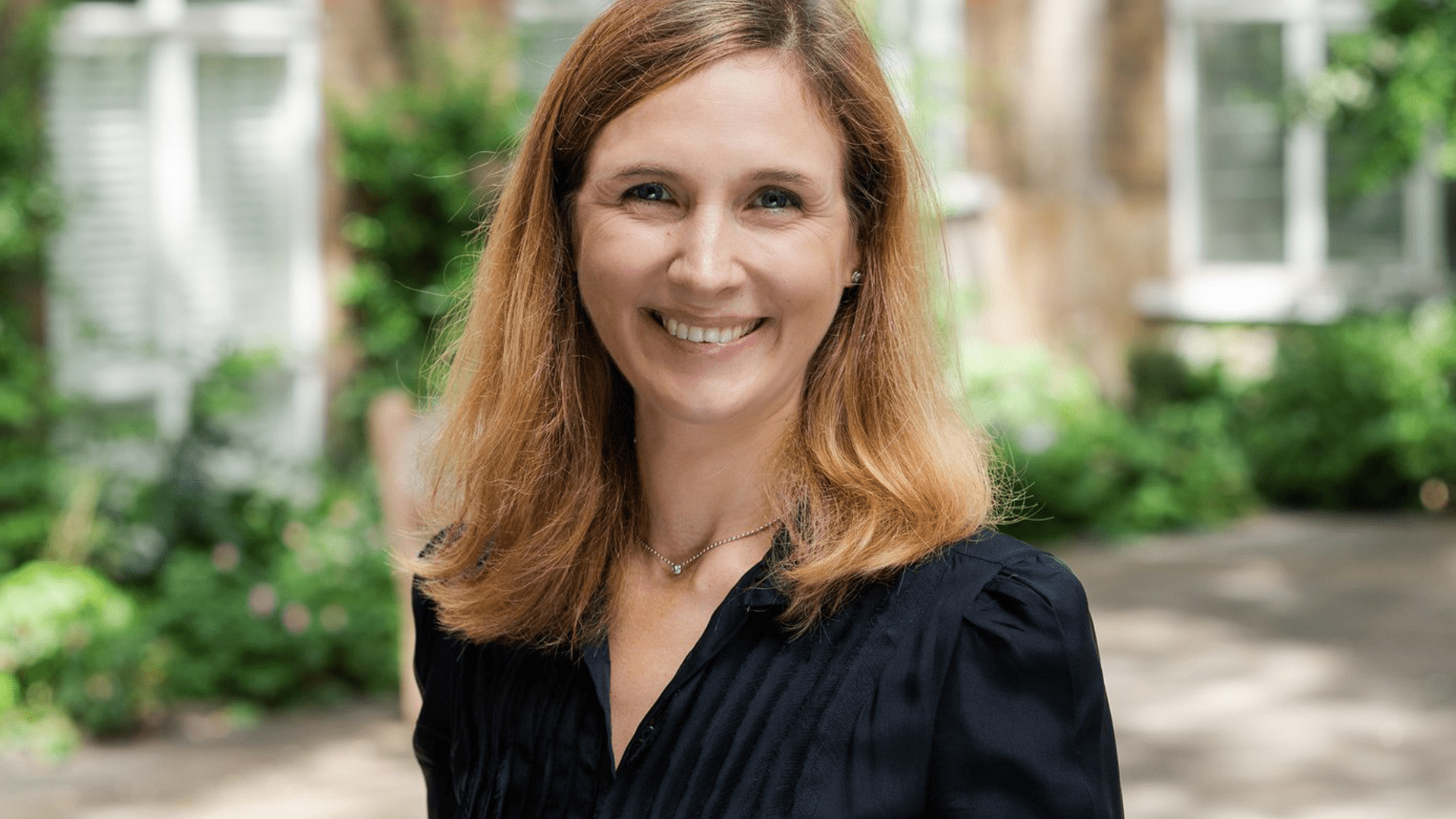
Systemiq Capital is a London-based venture capital fund investing in early-stage climate tech startups.
One interesting place where we see untapped (or, at least, less recognised) potential is in the datacentre. We’ve looked at companies developing low-power custom ASICs for big data applications and companies rethinking public cloud load balancing to account for the hour-by-hour swings in the carbon intensity of specific datacentres’ energy sources. Two companies we think are doing really interesting things are Corintis and ONiO.
 Corintis, spun out of EPFL in Lausanne, is developing a new approach to cooling high-power processor cores. Datacentres are one of the biggest global users of both energy and water due to the unfortunate tendency of silicon-based semiconductors to get really hot and incinerate themselves if not aggressively cooled. More effective and precise cooling is one of only a few strategies that exist to temper the resource intensity of this hugely important market.
Corintis, spun out of EPFL in Lausanne, is developing a new approach to cooling high-power processor cores. Datacentres are one of the biggest global users of both energy and water due to the unfortunate tendency of silicon-based semiconductors to get really hot and incinerate themselves if not aggressively cooled. More effective and precise cooling is one of only a few strategies that exist to temper the resource intensity of this hugely important market.
If Corintis is focused on the highest-end chips that power the public cloud and AI models, ONiO is focused on the opposite end of the spectrum.
 The company, based in Oslo, has developed microcontrollers that consume so little power that they can harvest all they need from their environment, running indefinitely without any batteries to change or charge. These aren’t the CPUs in your phone or Xbox. These are the chips that control your TV remote, or wireless keyboard, or the sensors on the fire extinguishers and in the agricultural fields that enable our digital lives. With their chips, a bit of motion, some weak indoor light, or just background RF radiation may be enough to banish the AA battery forever.
The company, based in Oslo, has developed microcontrollers that consume so little power that they can harvest all they need from their environment, running indefinitely without any batteries to change or charge. These aren’t the CPUs in your phone or Xbox. These are the chips that control your TV remote, or wireless keyboard, or the sensors on the fire extinguishers and in the agricultural fields that enable our digital lives. With their chips, a bit of motion, some weak indoor light, or just background RF radiation may be enough to banish the AA battery forever.
Melina Sánchez Montañés, Principal Investor & VP Impact at AENU

AENU is an impact fund that invests in early-stage climate-tech and social impact companies based in Europe.
 I am particularly excited about the impact and commercial potential of Agreena, the #1 regenerative agriculture platform in Europe, which is part of our portfolio at AENU.
I am particularly excited about the impact and commercial potential of Agreena, the #1 regenerative agriculture platform in Europe, which is part of our portfolio at AENU.
About 45% of the Earth’s soil is used for agriculture. Most farmland has lost up to 30% of its carbon from unsustainable land management practices, which result in higher costs and lower yields for farmers. To confront these challenges, regenerative agriculture has emerged as one of the biggest biodiversity levers to meet global net zero goals, with a potential impact of 1.8-3 Gt CO2e / year while ensuring long-term financial sustainability for farmers.
Agreena is in the business of enabling farmers to transition from traditional to regenerative agriculture. They do so by monitoring, reporting, verifying (MRV) and issuing soil carbon credits and by providing fintech products that help bridge the transitional risk of switching to regenerative agriculture. These two levers provide a powerful economic incentive for farmers to unlock millions of hectares under management around the world with a gigaton-scale carbon sequestration potential.
Yair Reem, Partner at Extantia Capital
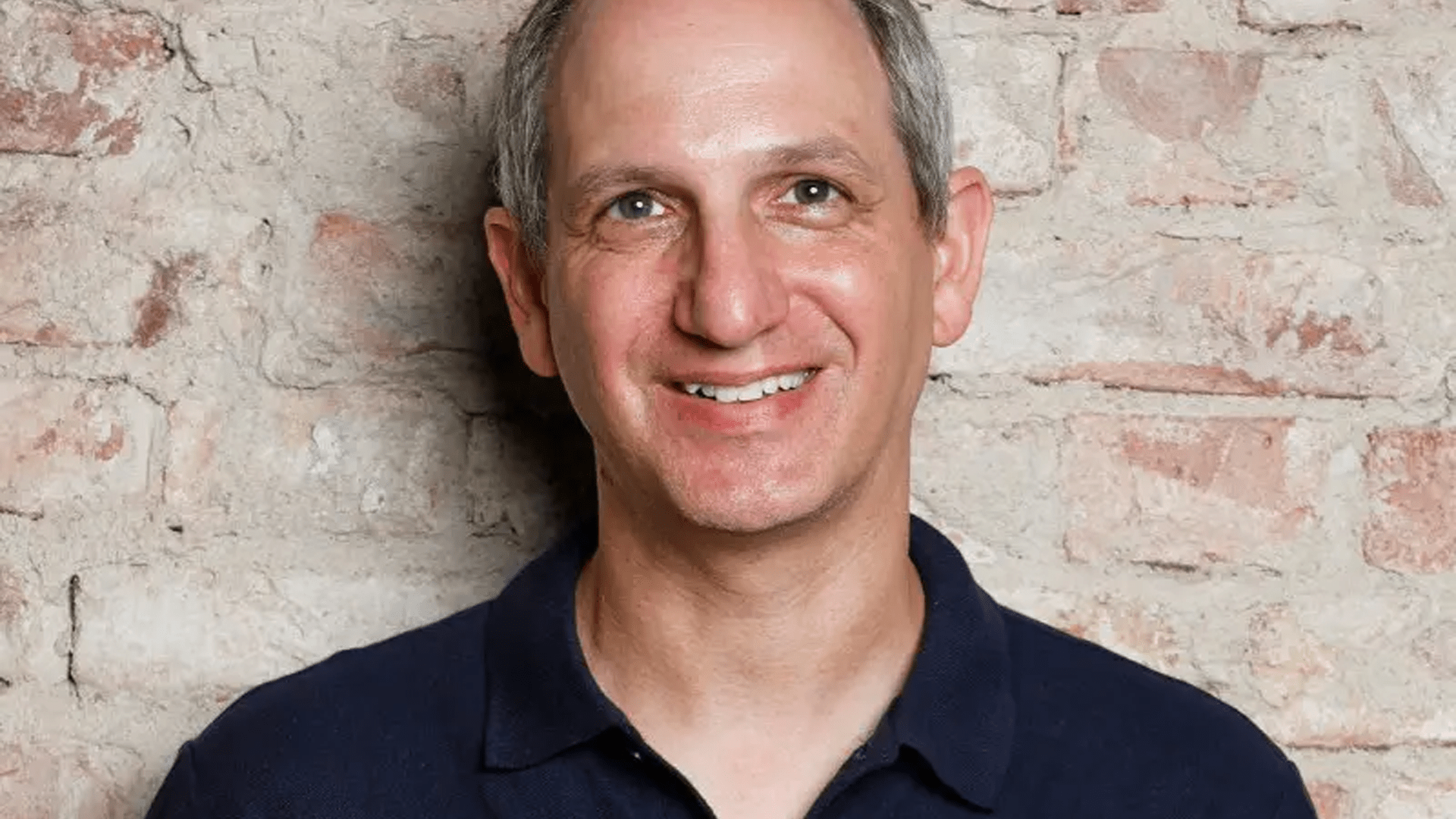
Extantia Capital is a Berlin-based climate-first venture capital firm accelerating the path to a decarbonised world.
 I’m very excited about Reverion, a spin-off from the Technical University of Munich and one of our portfolio companies. Reverion displaces fossil fuels by unlocking the full potential of biogas as a clean, renewable, and reliable source of baseload electricity. Their technology is twice as efficient compared to the current state-of-the-art. It has a high degree of flexibility, which opens up a wide range of applications that so far were not economically viable. Global deployment of their solution will prevent the emissions of hundreds of megatons of CO2 annually.
I’m very excited about Reverion, a spin-off from the Technical University of Munich and one of our portfolio companies. Reverion displaces fossil fuels by unlocking the full potential of biogas as a clean, renewable, and reliable source of baseload electricity. Their technology is twice as efficient compared to the current state-of-the-art. It has a high degree of flexibility, which opens up a wide range of applications that so far were not economically viable. Global deployment of their solution will prevent the emissions of hundreds of megatons of CO2 annually.
 Another portfolio company that I want to mention is MAGNOTHERM. Based in Darmstadt, Germany, it is a young and exciting company reinventing the fridge. And how often do we have a chance to reinvent something that’s been around for 200 years? The impressive team behind MAGNOTHERM, co-led by Timur Sirman and Maximilian Fries, has developed a magnetic cooling technology that increases energy efficiency by 40% while eliminating the use of harmful gaseous refrigerants. Their technology has no global warming potential, is not toxic, and does not use any explosive compounds.
Another portfolio company that I want to mention is MAGNOTHERM. Based in Darmstadt, Germany, it is a young and exciting company reinventing the fridge. And how often do we have a chance to reinvent something that’s been around for 200 years? The impressive team behind MAGNOTHERM, co-led by Timur Sirman and Maximilian Fries, has developed a magnetic cooling technology that increases energy efficiency by 40% while eliminating the use of harmful gaseous refrigerants. Their technology has no global warming potential, is not toxic, and does not use any explosive compounds.
Samia Qader, Senior Principal at Climate VC

Climate VC is a UK-based EIS fund and Syndicate investing in climate tech companies across pre-seed and seed.
I am picking two of our portfolio companies that I am particularly enthusiastic about, Preoptima and Climate Aligned.
 Preoptima is the world’s first early-stage decarbonisation platform for real-time carbon mitigation and management in buildings. The built environment produces a staggering 37% of global emissions today, and the EU is requiring all member states to regulate embodied carbon within the next three years!
Preoptima is the world’s first early-stage decarbonisation platform for real-time carbon mitigation and management in buildings. The built environment produces a staggering 37% of global emissions today, and the EU is requiring all member states to regulate embodied carbon within the next three years!
By offering a unique, iterative approach to designing low-carbon buildings, Preoptima provides carbon reductions of up to 40% and has the potential to avoid hundreds of megatons of carbon emissions at a global scale. The company is led by thought leaders in the embodied carbon space, with a collective 70 years of experience in the built environment and over 100 scientific publications in the area of reducing carbon emissions from buildings, making them uniquely positioned to tackle this problem. They have already secured pilots with some of the design and engineering corporate heavyweights.
 Another company that I want to mention is Climate Aligned. They are developing the first AI platform designed to integrate data on sustainability, ESG, and climate factors applicable to debt investment decisions in a single application. Its product will enable institutional investors to find new opportunities that accelerate finance aligned with climate and emissions targets, addressing one of the biggest bottlenecks to accelerating the green transition.
Another company that I want to mention is Climate Aligned. They are developing the first AI platform designed to integrate data on sustainability, ESG, and climate factors applicable to debt investment decisions in a single application. Its product will enable institutional investors to find new opportunities that accelerate finance aligned with climate and emissions targets, addressing one of the biggest bottlenecks to accelerating the green transition.
The impact is huge – investing in green bonds (the company’s initial target market) was assessed by S&P to be approximately 500 tCO2e per $1m invested of average avoided emissions intensity across geographies and green bond types. The team is led by two founders who have climate bond experience as well as deep expertise in machine learning, having previously founded a successful machine learning company.
Romain Diaz, Founder & CEO at Satgana
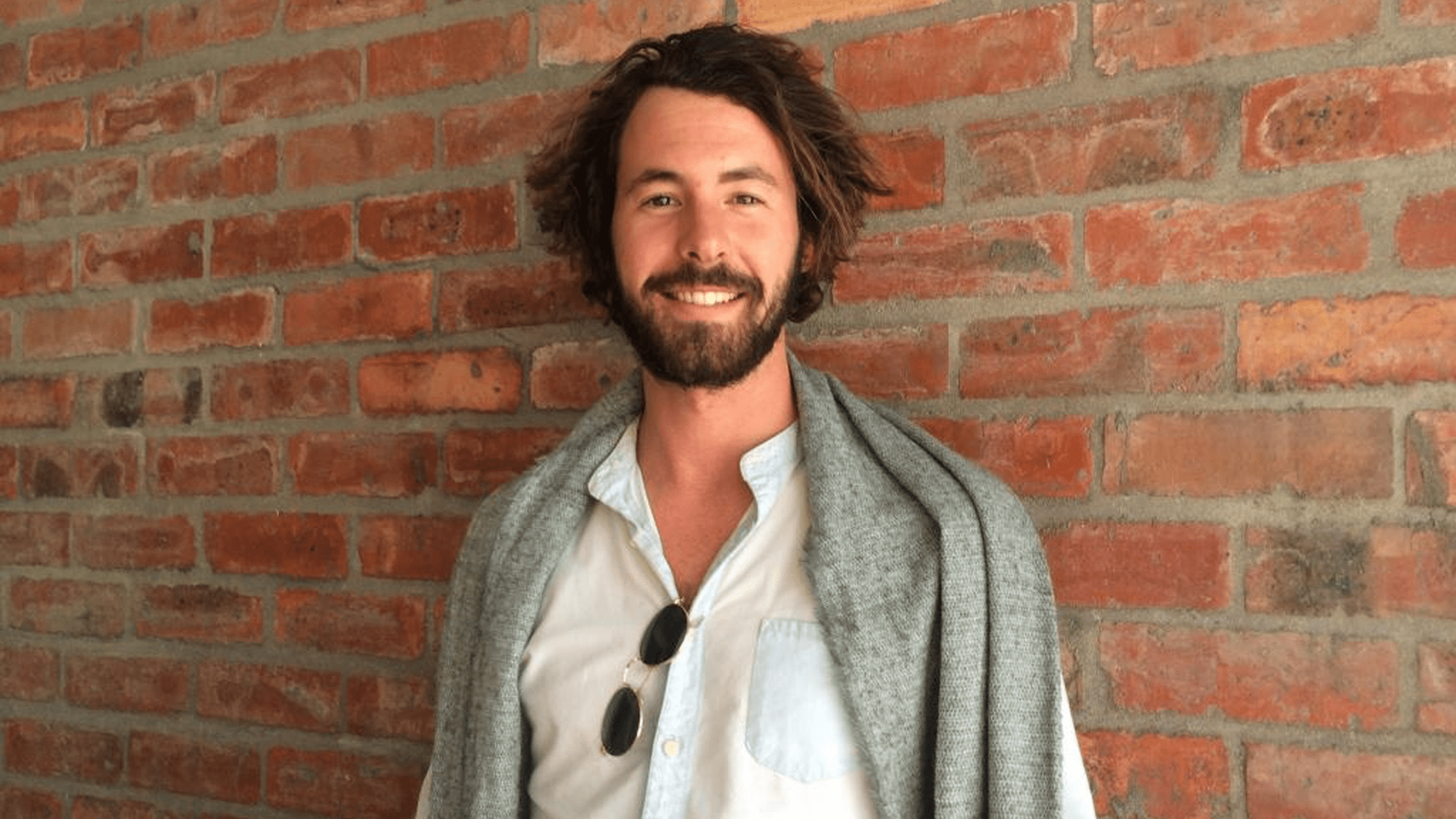
Satgana is a Luxembourg-based climate tech venture capital firm investing in the future of Earth.
 A biased answer is an example from our portfolio, namely Orbio Earth, a German climate tech startup. They are building the leading methane intelligence platform for the energy and financial sector. We led their €600k Pre-Seed investment last year, and since then, they joined Y Combinator, built a unique technology, and experienced impressive traction.
A biased answer is an example from our portfolio, namely Orbio Earth, a German climate tech startup. They are building the leading methane intelligence platform for the energy and financial sector. We led their €600k Pre-Seed investment last year, and since then, they joined Y Combinator, built a unique technology, and experienced impressive traction.
We are particularly excited by what they are building, notably due to the fact that reducing methane leaks is considered one of the lowest-hanging fruits in the climate mitigation effort, equivalent to taking all cars off the roads globally.
 A less biased answer is Back Market, a France-born refurbished electronics marketplace that has raised over $1 billion since its inception. Its solution enables the promotion of a circular economy, reduces electronic waste, and allows energy, resources, and rare materials savings.
A less biased answer is Back Market, a France-born refurbished electronics marketplace that has raised over $1 billion since its inception. Its solution enables the promotion of a circular economy, reduces electronic waste, and allows energy, resources, and rare materials savings.
More in general, we are constantly looking for mission-driven founders building technology solutions whose business model inherently correlates commercial development with planet-positive impact at scale. This is valid across all the industries that need to undergo a profound change to reach our sustainability goals, like transportation (e.g., electric mobility, sustainable aviation fuels, etc.), food (e.g., reducing food waste, alternative proteins, etc.), agriculture (e.g., regenerative agriculture), buildings (e.g., cement alternatives), and energy (clean energy solutions, methane abatement, etc.).
Max Ter Horst, Managing Partner at Rockstart Energy
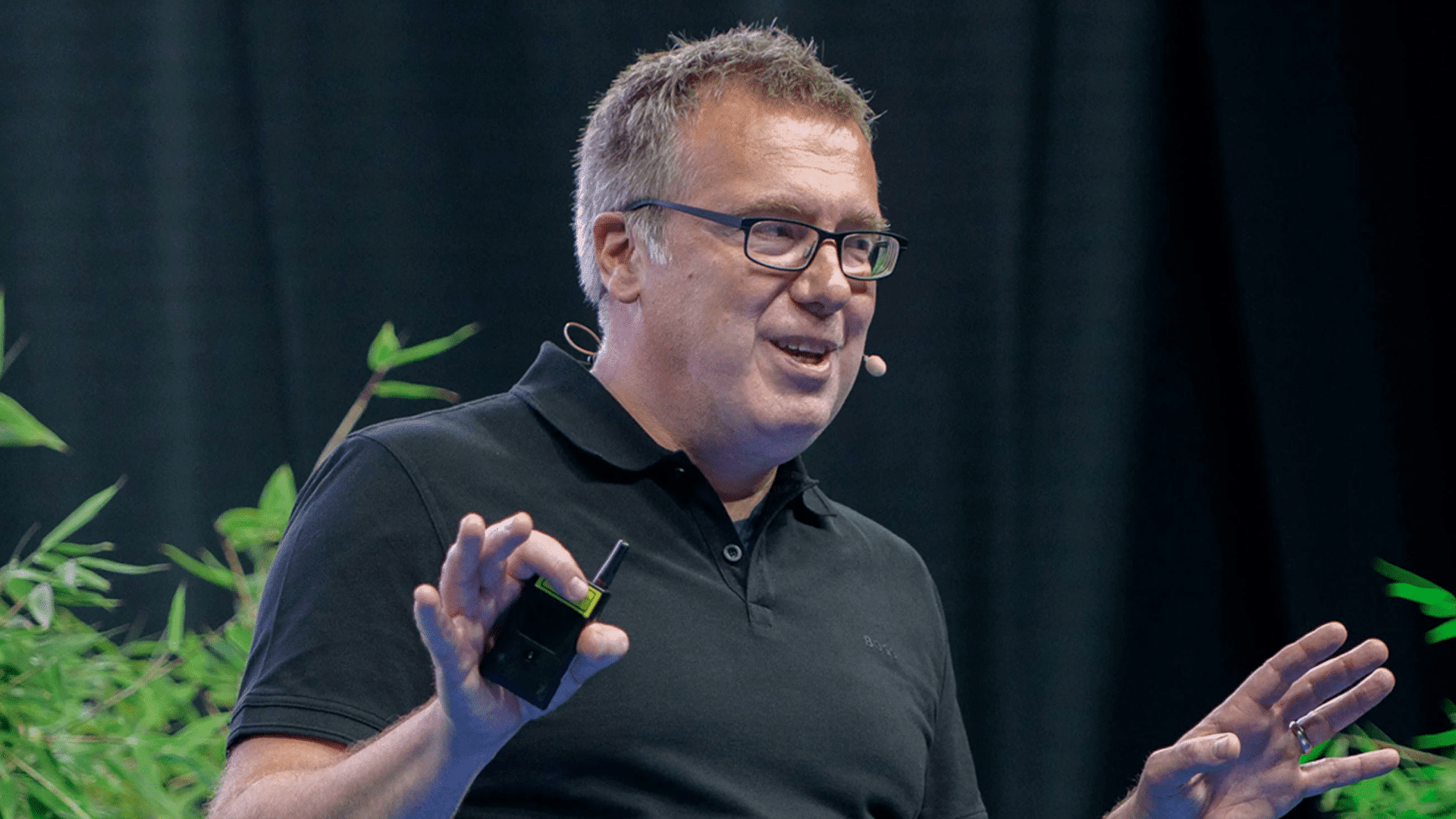
Rockstart Energy is an Amsterdam-based venture capital fund investing in early-stage startups focused on driving the energy transition. Two companies that are standing out at the moment are Fast and Senergetics.
 Fast Trek is one of our portfolio companies that we’re excited about. With what they have built, they can reduce long-haul inland congestion, pollution, road erosion, and costs. The business differs from traditional optimised routing solutions by looking at the network as a whole, finding new paths and ways to save on the total trips made. The core team, which has a proven entrepreneurial track record, is already in close talks with major global logistics & and consulting companies.
Fast Trek is one of our portfolio companies that we’re excited about. With what they have built, they can reduce long-haul inland congestion, pollution, road erosion, and costs. The business differs from traditional optimised routing solutions by looking at the network as a whole, finding new paths and ways to save on the total trips made. The core team, which has a proven entrepreneurial track record, is already in close talks with major global logistics & and consulting companies.
 Another interesting startup we spoke to is Senergetics. In the processing industry, especially in ageing plants, asset integrity is crucial. Poor asset integrity can lead to inefficient energy consumption, and asset failure causes safety threats and environmental pollution. This Dutch company is developing a cutting-edge photonics sensing technology firm specialising in providing non-intrusive, continuous monitoring services for businesses operating within process industries. Within a year and following their participation in High Tech XL, this entrepreneurial & tech team shows potential.
Another interesting startup we spoke to is Senergetics. In the processing industry, especially in ageing plants, asset integrity is crucial. Poor asset integrity can lead to inefficient energy consumption, and asset failure causes safety threats and environmental pollution. This Dutch company is developing a cutting-edge photonics sensing technology firm specialising in providing non-intrusive, continuous monitoring services for businesses operating within process industries. Within a year and following their participation in High Tech XL, this entrepreneurial & tech team shows potential.
Carlos Fisch, Partner at Seaya Andromeda

Seaya Andromeda is a Madrid-based climate tech venture capital fund addressing global climate challenges through technology.
 The company I want to mention here is called Enode. It is a Norwegian startup addressing one of the key issues that we are currently facing in climate tech: connectivity. There has been significant investment into both hardware and software historically. However, with this fast pace of penetration, there is a huge need to create a connectivity layer that will enable us to benefit from ecosystems in various industries, such as home energy, in this instance.
The company I want to mention here is called Enode. It is a Norwegian startup addressing one of the key issues that we are currently facing in climate tech: connectivity. There has been significant investment into both hardware and software historically. However, with this fast pace of penetration, there is a huge need to create a connectivity layer that will enable us to benefit from ecosystems in various industries, such as home energy, in this instance.
Enode is very much at the core of this problem, creating APIs to facilitate this connectivity and building a digital infrastructure that enables a zero-carbon energy system.
Christian Jølck, Partner & Co-founder at 2150

2150 is a venture capital firm backing technology companies that aim to shape the sustainable cities of the future.
I’m picking two European companies in our portfolio that are really exciting: NatureMetrics and 1komma5.
 NatureMetrics is solving the problem of how to properly measure and protect biodiversity, which is key to fixing climate change. The company has the world’s largest eDNA database and launched the first digital biodiversity monitoring product during COP15. Live in more than 100 countries and 500 clients, NatureMetrics is growing fast with large multinational leading companies. The company is located just outside London, and its founder, Kat Bruce, is a global thought leader in biodiversity.
NatureMetrics is solving the problem of how to properly measure and protect biodiversity, which is key to fixing climate change. The company has the world’s largest eDNA database and launched the first digital biodiversity monitoring product during COP15. Live in more than 100 countries and 500 clients, NatureMetrics is growing fast with large multinational leading companies. The company is located just outside London, and its founder, Kat Bruce, is a global thought leader in biodiversity.
 1komma5 is Europe’s fastest-growing home decarbonisation platform, which has helped facilitate the energy transition across several European countries. What sets them apart is the exceptional team led by Philipp Schröder and backed by other very credible investors. Secondly, their approach is different because they believe in having their own installers and streamlining the end-to-end process of decarbonising your home. This company could, over time, decarbonise millions of homes, leading to gigatons impact.
1komma5 is Europe’s fastest-growing home decarbonisation platform, which has helped facilitate the energy transition across several European countries. What sets them apart is the exceptional team led by Philipp Schröder and backed by other very credible investors. Secondly, their approach is different because they believe in having their own installers and streamlining the end-to-end process of decarbonising your home. This company could, over time, decarbonise millions of homes, leading to gigatons impact.
Pauline Wink, General Partner at 4impact
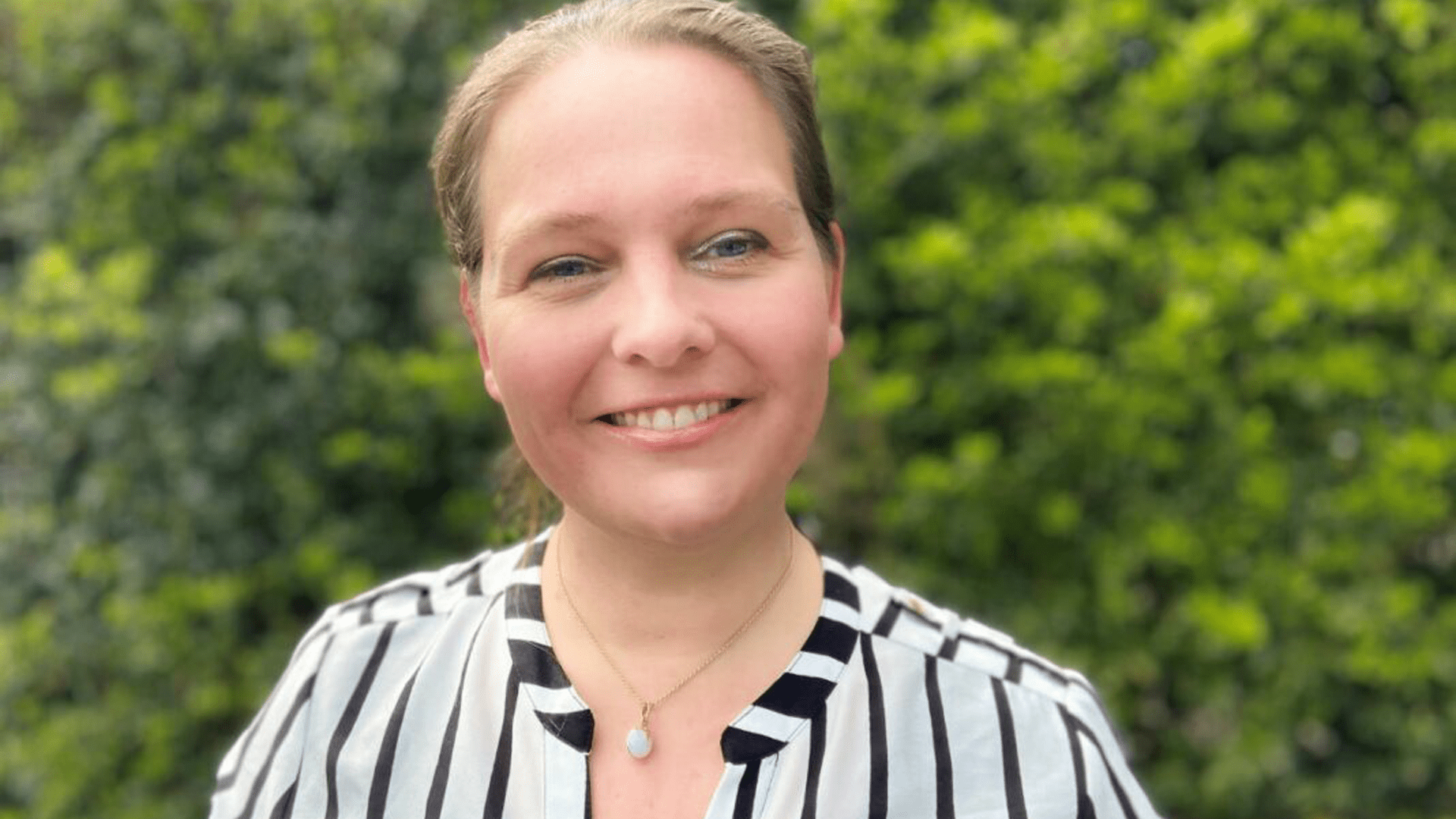
4impact is a venture capital fund based in The Hague, investing in European tech4good ventures.
 I am particularly excited about our recent portfolio company, InfoTiles, a Norwegian-based water management company using data to detect drinking water leakages and optimise wastewater management.
I am particularly excited about our recent portfolio company, InfoTiles, a Norwegian-based water management company using data to detect drinking water leakages and optimise wastewater management.
This is a massive invisible problem that quite literally can make the difference between life and death. “No water, no life. No blue, no green,” said legendary oceanographer, deep sea explorer, and field researcher Dr. Sylvia Earle. It will not be possible to live within the Earth’s boundaries if we do not protect the water and life that covers 71% of the Earth’s surface! Water is, as we all know, a key element in human existence and civilisation. Yet, up to 23% of water is lost in EU countries’ infrastructure. We take water for granted because it is there and it is (still) not expensive. However, this complacency belies the urgency of the situation.
Recently, at the UN water summit, experts sounded the alarm about an impending global water crisis. It’s projected that by the end of this decade, the demand for freshwater will exceed its supply by a staggering 40%. I had a firsthand experience of this issue when I visited a lake recently, and it was at its lowest level in two decades. This is already an issue, and we need to reduce our water usage and improve the infrastructure to mitigate these challenges.
The team who have built InfoTiles have unique hydrology experience that they combine with their tech knowledge to deliver a proposition that delivers significant financial savings to their customers but also saves massive amounts of the most precious resource, that is water!
Carlos Esteban, Partner at Faber
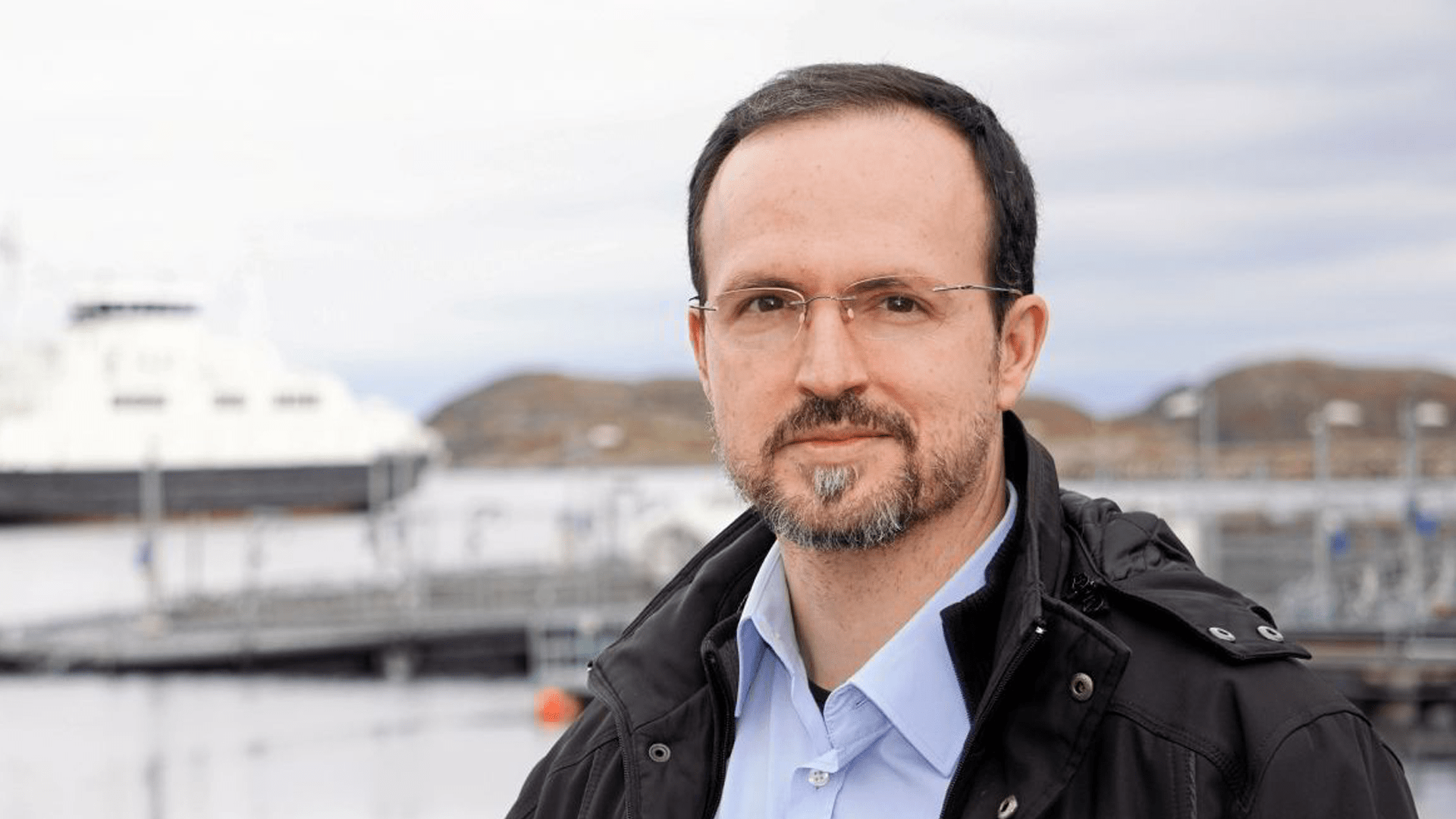
Faber is a Lisbon-based venture capital fund investing in early-stage teams that innovate at the intersection of science and technology to drive digital transformation and climate action.
We are excited about all our portfolio companies. But here, we would like to highlight 1s1 Energy.
 1s1 Energy is a Portuguese/US material science company developing a new, more efficient chemistry for fuel cells and electrolysis membranes for green hydrogen production and utilisation.
1s1 Energy is a Portuguese/US material science company developing a new, more efficient chemistry for fuel cells and electrolysis membranes for green hydrogen production and utilisation.
There is a lot of interest in hydrogen to substitute fossil fuels and reduce CO2 emissions. Green hydrogen produced in electrolysers using water and electricity from renewable energy could be used, for example, to decarbonise heavy-duty road transport, maritime shipping, and steel production, among other industries. The energy stored in the form of hydrogen can be used in clean combustion or to produce electricity in a fuel cell. However, current electrolysers and fuel cells have poor efficiency and durability, and this could limit their adoption.
1s1 has a very strong patent portfolio, and in the initial testing, electrodes and membranes made using their materials have the potential to be more durable and efficient. They will develop and manufacture their line of electrolysers. Still, their materials could also be licensed to other companies, for example, for the improvement of fuel cells for different applications. In the end, better electrolysers and fuel cells will produce and use hydrogen more efficiently and cheaply, accelerating their adoption rate and facilitating a green transition.
Daniel Skavén Ruben, Solvable Syndicate
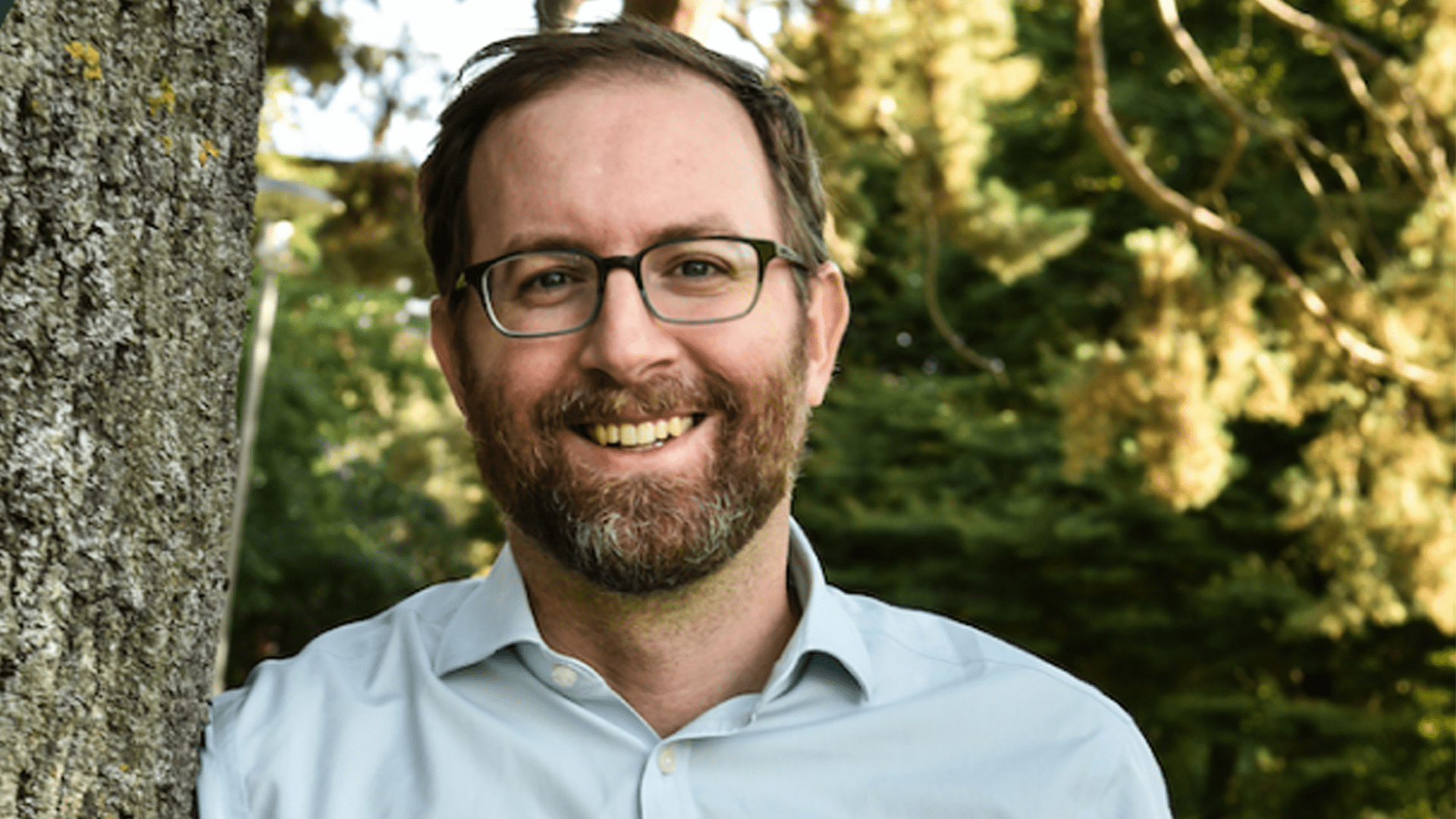
Solvable Syndicate is formed by a group of investors backing early-stage startups that advance a sustainable, nourishing food system.
There are so many climate tech startups one could mention. Large ones, small ones. There’s so much happening. But if I can only select one or two, then I say NitroCapt and Meadow.
 NitroCapt is producing fossil-free fertiliser for a transaction toward sustainable agriculture. If we consider that synthetic nitrogen fertilisers emit over 2 Gigatons of carbon emissions yearly, it’s pretty easy to understand that we urgently need solutions to decarbonise agriculture. NitroCapt and other companies in the space (Nium, NetZeroNitrogen, etc.), are working to tackle this problem.
NitroCapt is producing fossil-free fertiliser for a transaction toward sustainable agriculture. If we consider that synthetic nitrogen fertilisers emit over 2 Gigatons of carbon emissions yearly, it’s pretty easy to understand that we urgently need solutions to decarbonise agriculture. NitroCapt and other companies in the space (Nium, NetZeroNitrogen, etc.), are working to tackle this problem.
 The second company I want to mention is Meadow. Plastics have a huge emission impact, and Meadow is replacing single-use plastic containers – used, e.g., in personal care, home care, and food – by switching to aluminium cans used as infinitely recyclable refill cartridges.
The second company I want to mention is Meadow. Plastics have a huge emission impact, and Meadow is replacing single-use plastic containers – used, e.g., in personal care, home care, and food – by switching to aluminium cans used as infinitely recyclable refill cartridges.
For full disclosure, I am an angel investor in Meadow and an advisor to NitroCapt.
Henry Hamilton, Investment Manager at Mercia Ventures
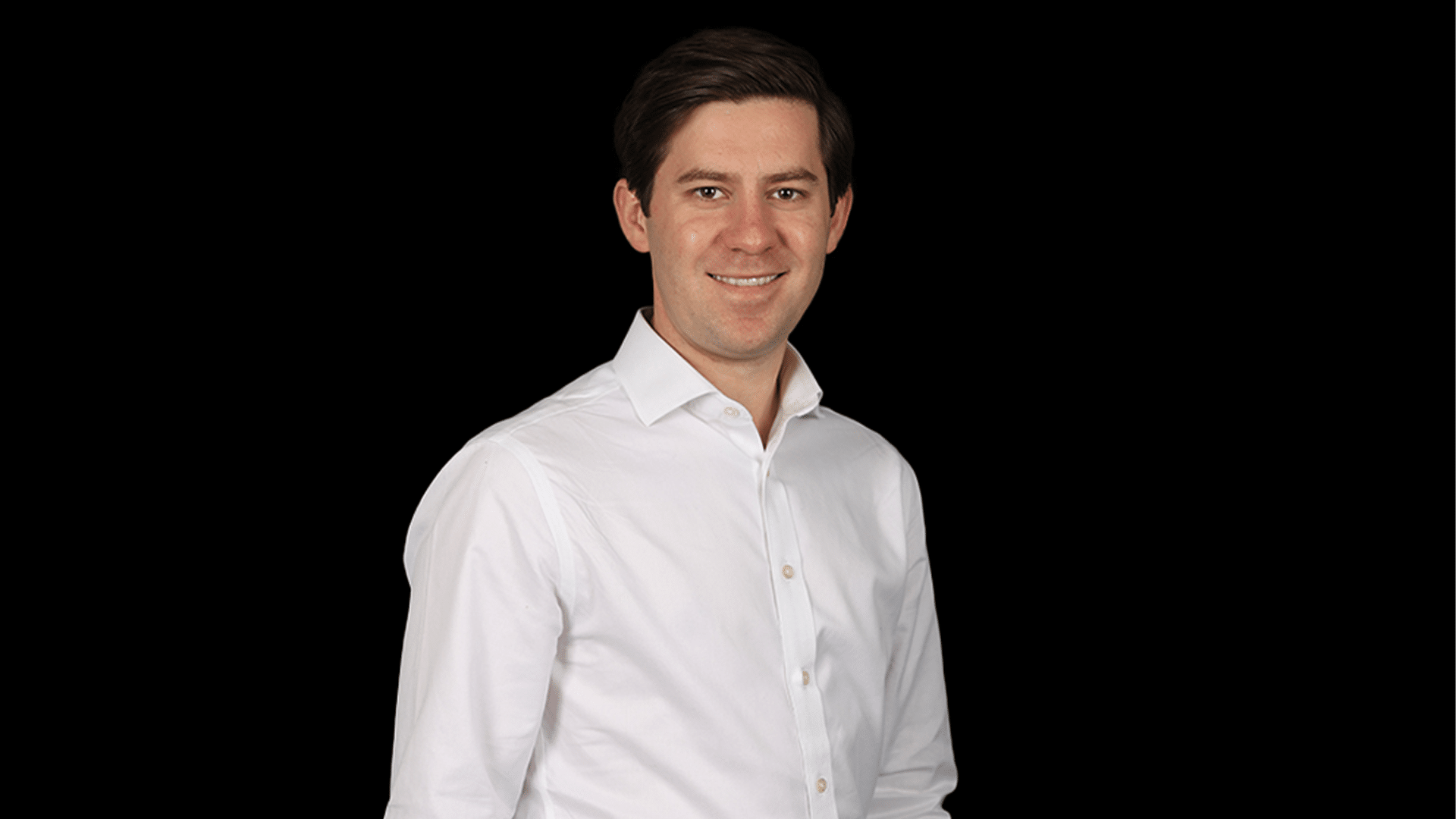
Mercia Ventures is a UK-based venture capital fund investing from early-stage to scale-up, partnering with entrepreneurs for the long term.
Energy grids are behind the times, fraught with constraints from variable loads and curtailment challenges, whilst the chorus and the economic case grow louder for more low-carbon power sources. While the number of renewable energy assets has risen dramatically, connecting these assets to distribution networks and managing loads efficiently is challenging. Two early-stage startups, Axle Energy and Electron, are unlocking this challenge with their industry-leading software solutions.
 Axle Energy, founded by an ex-colleague at Bulb Energy, connects EVs and home energy devices with flexible electricity markets, helping lower costs (by over 25%) and CO2 for its customers. It uses machine learning to enable energy suppliers and hardware manufacturers to monetise the flexibility of energy assets whilst improving grid stability. Axle’s software can shift energy usage to when it is cheapest and greenest and is set to unlock a huge market opportunity – potentially over 11GW of flexible capacity to the UK’s energy system by 2030.
Axle Energy, founded by an ex-colleague at Bulb Energy, connects EVs and home energy devices with flexible electricity markets, helping lower costs (by over 25%) and CO2 for its customers. It uses machine learning to enable energy suppliers and hardware manufacturers to monetise the flexibility of energy assets whilst improving grid stability. Axle’s software can shift energy usage to when it is cheapest and greenest and is set to unlock a huge market opportunity – potentially over 11GW of flexible capacity to the UK’s energy system by 2030.
 Electron’s multi-market platform, ElectronConnect, enables distributed energy resources to trade flexibility and provide flexibility services in local energy markets through their workflow solution, thereby allowing congested network capacity to be allocated economically. Flexibility is critical to unlocking renewable generation and will give access to zero-marginal-cost, zero-carbon energy 24/7. Electron’s co-founders, Jojo Hubbard and Paul Ellis, are leaders in their field and are driving the conversation forward in energy innovation in the UK and beyond.
Electron’s multi-market platform, ElectronConnect, enables distributed energy resources to trade flexibility and provide flexibility services in local energy markets through their workflow solution, thereby allowing congested network capacity to be allocated economically. Flexibility is critical to unlocking renewable generation and will give access to zero-marginal-cost, zero-carbon energy 24/7. Electron’s co-founders, Jojo Hubbard and Paul Ellis, are leaders in their field and are driving the conversation forward in energy innovation in the UK and beyond.
Maximilian Schwarz, Founder & General Partner at Nucleus Capital
Nucleus Capital is a Berlin-based venture capital fund providing the first capital to purpose-driven entrepreneurs solving systemic challenges to planetary health.
Here are two companies from our portfolio that I want to highlight: Ucaneo and Repath.
 Ucaneo mimics the human lung’s ability to remove CO2 directly from ambient air. The company combines bio-catalysts, electrochemistry, and material science to develop a bio-memetic Direct Air Capture Technology. The eventual product will be deployed in modular container-sized units to remove CO2 anywhere in the world in an energy-efficient way.
Ucaneo mimics the human lung’s ability to remove CO2 directly from ambient air. The company combines bio-catalysts, electrochemistry, and material science to develop a bio-memetic Direct Air Capture Technology. The eventual product will be deployed in modular container-sized units to remove CO2 anywhere in the world in an energy-efficient way.
 Repath has a SaaS solution designed to help energy companies manage physical climate risks for the specific vulnerabilities of energy assets and meet their reporting needs, in addition to empowering P.E. and Infrastructure investors to transparently manage risks and make more profitable investments. Their approach is science-based and their downslaced regional model encompasses 400+ climate simulations to quantify risk factors globally.
Repath has a SaaS solution designed to help energy companies manage physical climate risks for the specific vulnerabilities of energy assets and meet their reporting needs, in addition to empowering P.E. and Infrastructure investors to transparently manage risks and make more profitable investments. Their approach is science-based and their downslaced regional model encompasses 400+ climate simulations to quantify risk factors globally.
- SEO Powered Content & PR Distribution. Get Amplified Today.
- PlatoData.Network Vertical Generative Ai. Empower Yourself. Access Here.
- PlatoAiStream. Web3 Intelligence. Knowledge Amplified. Access Here.
- PlatoESG. Carbon, CleanTech, Energy, Environment, Solar, Waste Management. Access Here.
- PlatoHealth. Biotech and Clinical Trials Intelligence. Access Here.
- Source: https://www.eu-startups.com/2023/12/22-climate-tech-startups-to-keep-an-eye-on-according-to-investors/




